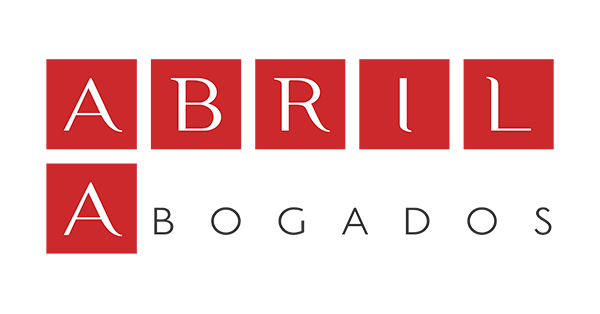In 2016 the Court limited the liability of online uses to those advertisements published by oneself or with its consent. It was thus confirmed by the Court that in order for the use in trade to exist, there must be active conduct and direct or indirect mastery of the act constituting the use (p. 39 C-179/15 Daimler).
Four years later, the Regional High Court of Civil and Criminal Matters in Dusseldorf, Germany , raised a very similar issue in Case C-684/19 mk advokaten. The essence of the facts is very similar to that of Daimler: the German law firm MBK Rechtsanwälte (registered as a trade mark) successfully sued for the use of the MBK mark by the firm – also German – mbk advokaten, which amends its name to mk advokaten and removes from the internet the infringing advertising promoting the firm under the term MBK.
After the case becoming final, the complainant found that there were more online advertisements referring to mk advokaten by using the term MBK. The firm was convicted on the consideration that such advertisements were unlawfully advantageous to it.
In its appeal, the defendant claimed Daimler in its favour as it was not responsible for the infringing advertisements. However, while in Daimler the initial advertising was lawful, now all uses were infringing from the beginning, something that provoked the Court’s doubts and the timely preliminary ruling.
For Luxembourg, there seems to be no doubt: for the purposes of Article 5.1(b) of the Directive, the difference is irrelevant: internet operators who reproduce a third party’s advertisement (infringing) on their own, remain solely responsible for this “second” infringement.
In the end, no matter how much you copy an offender you will still be responsible for your copy.

